Coaching for Connectedness – Part Two: How to Coach for Greater Connection and Belonging

Connection is the currency of wellness.
Jack Travis, M.D.
In my previous blog, Coaching for Connectedness – Part One: Why It’s Important (https://realbalance.com/the-importance-of-coaching-for-connectedness) we demonstrated how healthcare research has shown the growing “epidemic” of isolation and loneliness to be revealed as a major health risk influencing such conditions as cancer, heart disease, depression and addiction. We showed how strengthening our bonds with others needs to be a major health priority. Now let’s look at how we can infuse greater connectedness in all the coaching we do.
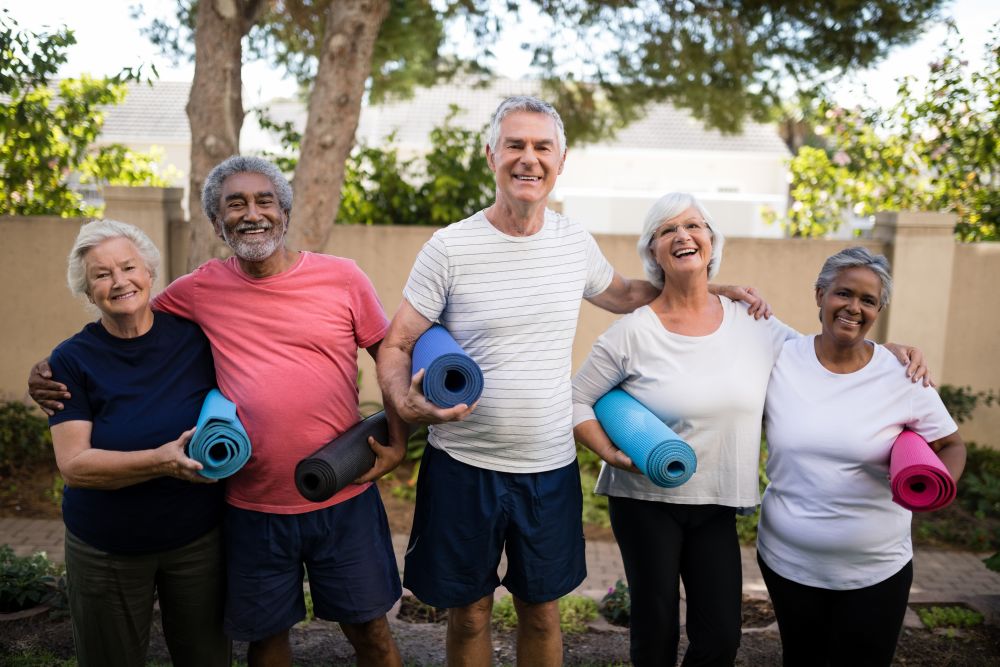 CONNECTING CONNECTION TO COACHING
CONNECTING CONNECTION TO COACHING
Since I began training health & wellness coaches in the late 1990’s I’ve always included Coaching for Connectedness as an essential part of the training. When clients take on the task of lifestyle improvement their success often hinges on the support they enjoy or the lack of it they suffer. Early in the field of wellness the work of Robert Allen and later by his son, Judd Allen (https://healthyculture.com) demonstrated how critical Peer Health Norms can to successful lifestyle change. It is so much easier to be healthy and well when those around us have established norms of behavior that enhance our wellness instead of detracting from it. Whether among friends, co-workers or family the interpersonal aspects of wellness for our clients cannot be ignored. Later, discovering the work of The Blue Zones greatly reinforced the value of community support to enhance wellbeing, (https://www.bluezones.com) and for me the importance of coaching for connectedness.
COACHING IT UP – The Coaching Alliance
Coaching for Connectedness begins with the Coaching Alliance itself. The International Coaching Federation speaks about “partnering with our client” and that is what we do. I always love to say that we don’t just point our client towards the mountain they want to climb and set them up with the equipment they need, WE CLIMB THE MOUNTAIN WITH THEM. We work together with them as an ally helping them get where they want to do. They have a partner in the journey instead of, once again in their lives, trying to do it all by themselves. By providing them with unconditional positive regard through an absence of judgment, and a presence of warmth, genuiness and empathic understanding we build the trust that is needed in an ally. Our way of being is even more important than what we do.
Our client knows we are there for them with support for their efforts, but to increase their chances of success we help them to evaluate what other resources of support they have or lack.
COACHING IT UP – Building the Alliance Through the Coaching Conversation
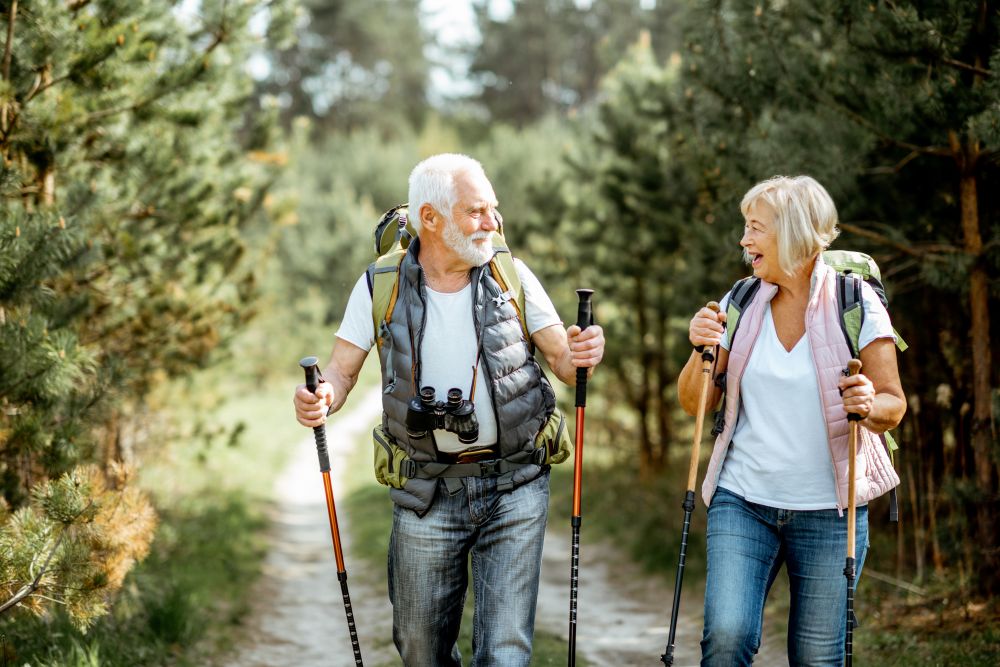
The Connecting Coaching Conversation
Where?
- Inquire!
- Build the alliance by inquiring about where the person lives.“Tell me more about…”
- As you learn about their environment you will discover the assets and detriments that are part of their world.
- Share a bit about yourself but get the spotlight back on them.
- Get a real feel for what it is like to live where they live, work and play.
- This is a key part of the Cultural Humility that enhances connection
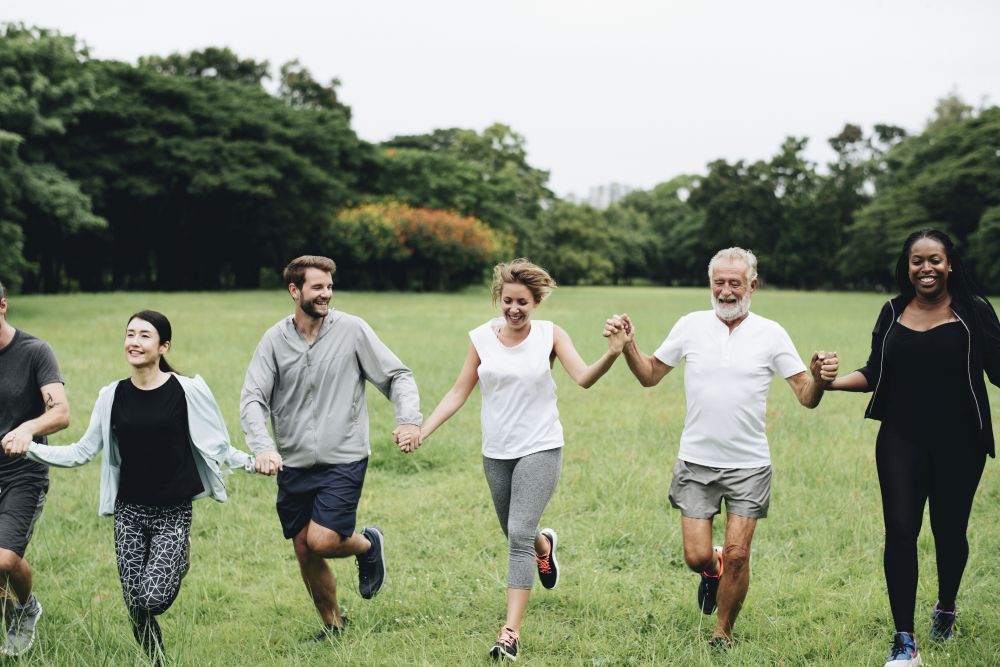
The Connecting Coaching Conversation
Who?
- Get permission first to explore this area.
- Inquire about WHO is in the person’s life
- Family
- Friends
- Groups – interests, organizations, etc.
- DON’T START SOLUTION FINDING YET
- Reflect back what you are hearing
- Empathize if connection is lacking
- Explore who could be resources for support (as well as identify people in their lives who might not be good sources of support).
- Explore and identify what they know about community resources
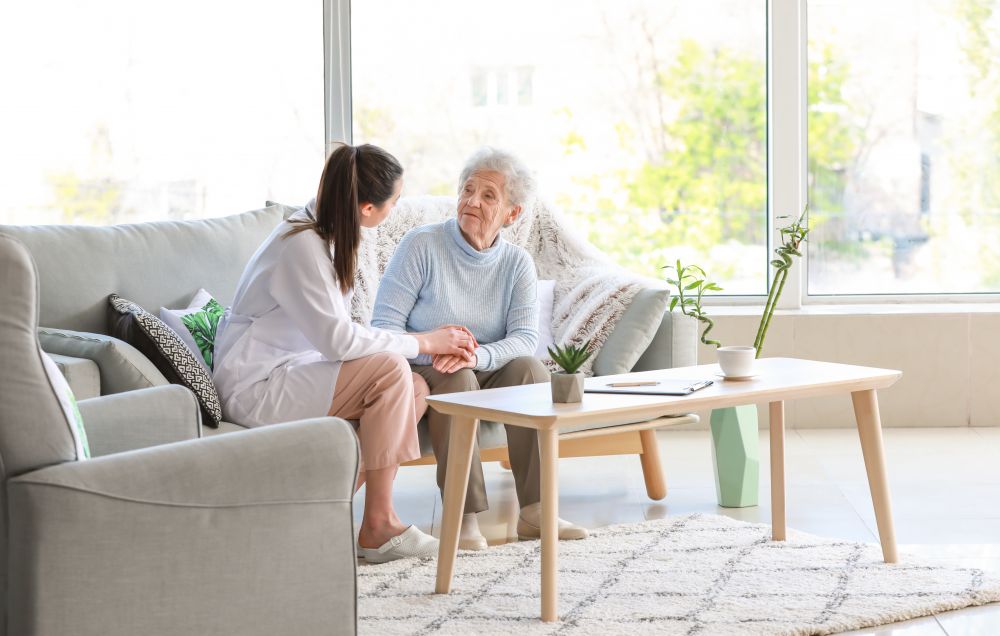
The Connecting Coaching Conversation
When?
- Ask the person to consider how being better connected could benefit them.
- Explore any hesitancy without trying to convince or persuade
- Explore how ready they are to grow their circles of support.Honor where they are at.Don’t push.
- Offer your support for helping them expand support
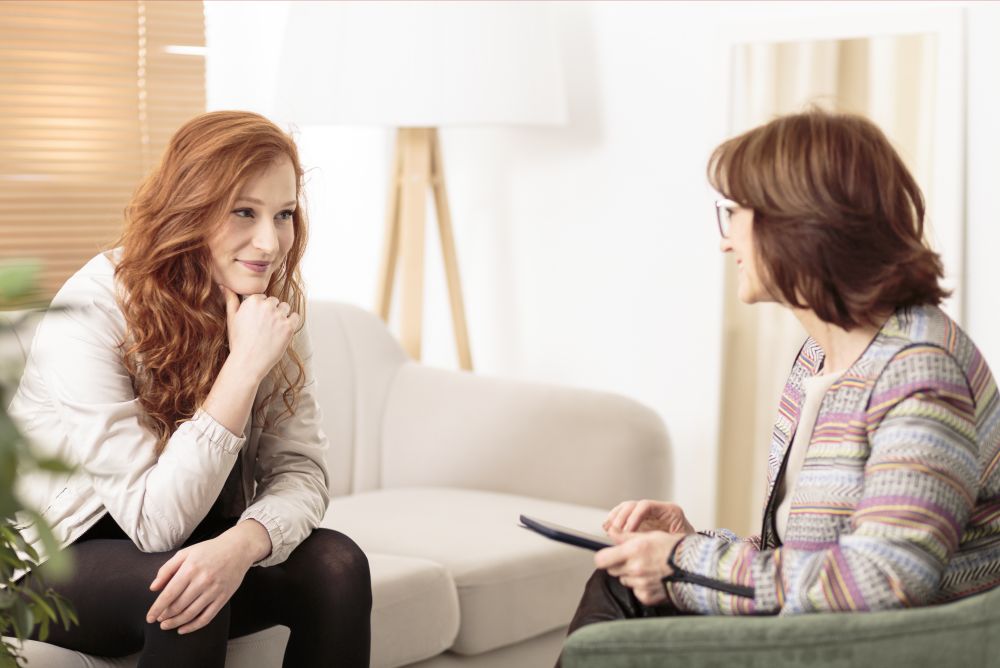
The Connecting Coaching Conversation
How?
- When the person is ready help co-create next steps (action steps)they can take with an experimental attitude
- When working with someone on taking steps to improve their wellness:
- Once next steps are decided, always inquire:
- Who can support you in doing this?
- Many steps to improve wellness require interpersonal considerations.Always inquire:
- What are you concerned will happen if you do this?
- Will the person get support or push-back?
- An effective first step might be setting up a conversation to ask for support from their resources.
The Challenge of Asking for Help – Internal Barriers
When engaging in the “When” part of the Connecting Coaching Conversation above, you may discover some hesitancy or ambivalence about reaching out to others on the part of your client. Clients are sometimes reluctant to enlist the support of others for various reasons. These might include:
- An overreliance on self-sufficiency and independence as a value
- Being taught to feel ashamed for asking for help by parents, peers and/or culture
- Fear of ridicule
- Having failed at a lifestyle improvement goal (stopping smoking, losing weight, etc.) they may fear failing again and would rather keep their efforts secret.
- They may only intend to stay living in the place they are for a short time and would rather not form connections they might only have to break soon.
Considering what might be behind your client’s hesitancy, it could be very valuable for the client to be able to process the question of connection in the coaching you do together. Help them work through their challenges around this and respect their own process with it.
Connectedness is What Maintains Success
As I wrote about in Part One - The Health Maintenance Consortium (Marcia G. Ory, et. al. 2010 - https://pubmed.ncbi.nlm.nih.gov/20604691/) concluded that the two key factors in both initiating and maintaining health behavior change were a shift in self-concept and environmental support. How connected we are to our environment, which includes, people, community, culture, resources and the natural world, plays a huge role in making our lifestyle improvement efforts last. Coach for Connectedness. Coach On!
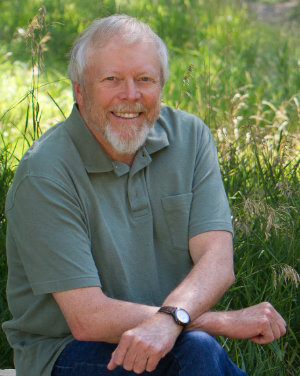
Michael Arloski, Ph.D., PCC, NBC-HWC is CEO and Founder of Real Balance Health Coach Training (https://realbalance.com/). Doctor Arloski is a psychologist, coach and pioneering architect of the field of health and wellness coaching. He and his company have trained thousands of coaches around the world.








Only registered and logged in readers can leave comments.